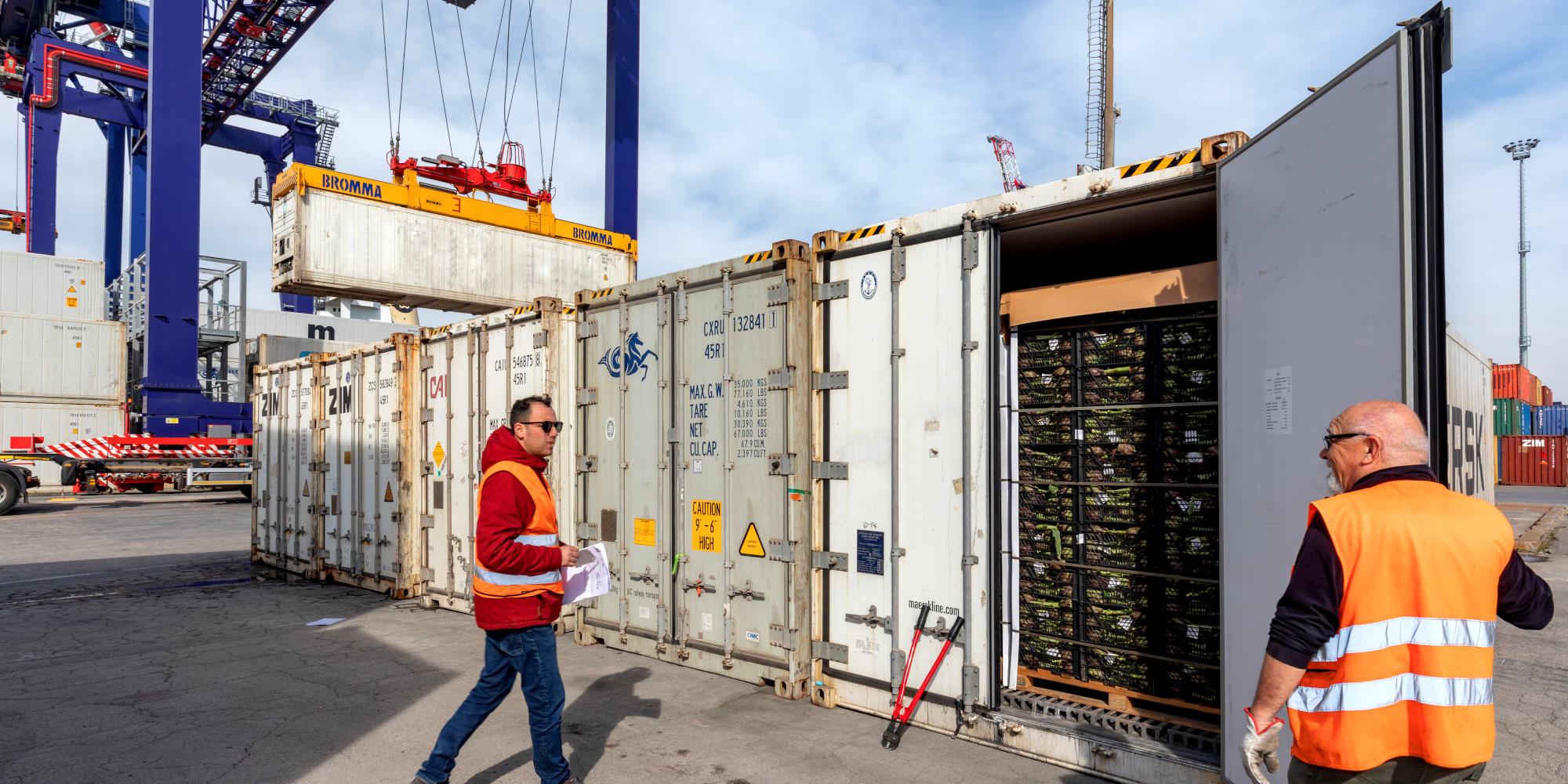Customs is an extremely important element for international trade and is regulated internationally, based on customs procedures shared between several states, as in the case of the European Community, or by commercial agreements between individual states.
In this article, we will try to outline a picture, without claim to comprehensiveness, on the duties and functions of customs, customs duties and the subjects involved.
To sum up, we will try to provide answers to the following questions:
-
What is customs?
-
How does customs work? What are the main customs duties?
-
Who are the parties involved in the shipping process?
What is customs?
Customs is a government department, which is located along the borders or within the national territory, and is responsible for checking imported and exported goods.
The main objectives of a state's customs controls are to:
-
protect national economic interests by applying duties to competing goods and generating tax revenues
-
protect consumers from goods and products that are potentially dangerous or harmful to health
-
contribute, through controls and risk verification, to fight against organized crime and terrorism, by eliminating the human-trafficking and smuggles of drugs, weapons and counterfeit goods
-
contrast illegal trade in endangered species
-
verify that those who travel with large amounts of cash are not laundering money, evading the tax department or financing criminal organizations
-
fight against tax fraud and frauds on customs duties by businesses and private citizens
In Italy, customs is a public institution, which belongs to the Customs and Monopolies Agency. In 1968, the European Union established the Customs Union, with the task of facilitating trade for businesses, harmonizing customs duties on goods from non-EU countries and helping to protect European citizens, animals and the environment.
In practice, in the Customs Union, the customs authorities of all member countries collaborate as if they were a single entity: they apply the same tariffs to goods imported into their territory from the rest of the world, while they do not apply tariffs to goods exchanged between Member States.
How does customs work? What are the main customs duties?
Customs checks regulate the entry and exit of products subject to restrictions by the Government of destination and the collection of customs duties.
Export controls, or customs controls on exit, ensure the free export of goods, i.e. verify that the goods are not subject to specific constraints (for example, the transport of weapons or exotic or protected animals).
The export of goods is not subject to the payment of customs duties and, if the control is passed, an authorization is issued, named the customs note.
The import controls, or customs controls at the entrance, however, aim not only at protecting security and public order, but also at the collection of duties. As for Italy and the whole Customs Union area, this means that goods from non-EU countries must be checked, classified and, consequently, taxed.
The costs to be paid to customs for the import of goods from non-EU countries, with which specific commercial agreements have not been entered into, are called customs duties.
The main customs duties are:
-
VAT tax, calculated on the value of the customs goods plus customs duties, which is collected by the Member State where you intend to put the goods for consumption and whose rate varies according to the state itself
-
Customs duties must instead be paid to the European Union. This duty is the only form of taxation imposed by the European Union on natural and legal persons residing there to finance its activities
To calculate the customs duties to be paid when importing goods into the EU, three elements must be taken into consideration: the value of the goods, the origin of the goods and the customs tariffs to be applied.
Given their peculiarity and the fact that they are applied to a wide range of goods, the taxes known as excise duties deserve special mention.
The excise duties apply on the manufacture of some consumer products, such as alcohol and the products obtained from it, oil and all its derivatives intended for the production of energy, tobacco and its derivatives.
Excise duties are not duties, but when they concern imported goods they are considered customs duties and are therefore collected at the time of the customs operation.
Excise duties are applied by each Member State on its territory independently and according to its own criteria. Furthermore, excise duties apply both to raw materials / products imported from third countries and to those from EU countries.
Which parties are involved in the shipping process?
As it is easy to imagine, in addition to the customs officers, several actors are involved in the entire transfer process:
-
sender who sends the goods
-
recipient who buys the goods
-
forwarder who organizes the transport
-
logistics companies (shipping lines, air carriers, rail companies, truckers) that deal with the intermodal transport of goods between the port, warehouse and destination
-
customs operators authorized to present the goods and pay the taxes to customs office
-
terminal, port and airport operators who unload cargo from ships, airplanes and trains
Upstream of the shipping process - it is necessary to have sender and recipient to define their responsibilities for the organization and payment of the different transport phases, i.e. the commercial terms for the transfer of the goods, defined as incoterms (contraction of International Commercial Terms).
The study on Corridors and logistical efficiency of territories 2020, published by Contship and SRM, revealed a market trend for Italian companies to use Ex Works in exports. Ex Works is in fact the least demanding and least expensive contractual term for the seller, who totally assigns the cost and risk of transportation to the buyer.



